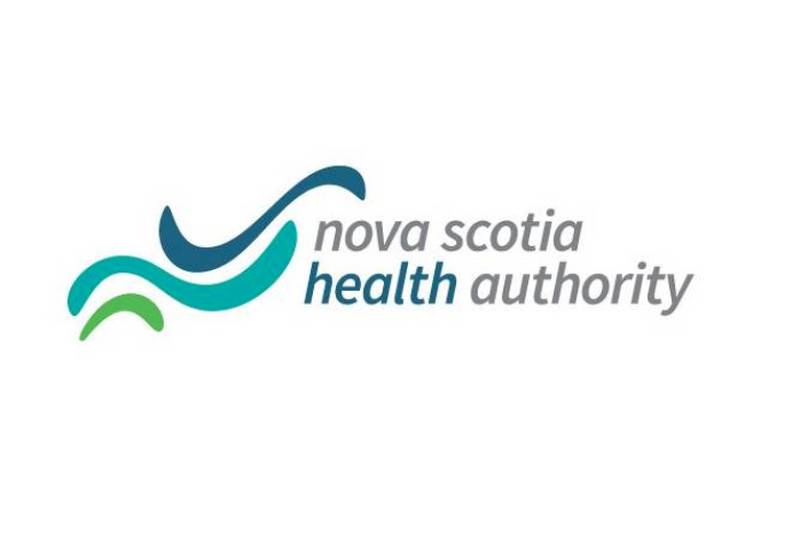**** NSHA Media Release
Public Health launches survey to better understand decision-making factors for childhood immunization
Nova Scotia Health Authority (NSHA) Public Health has launched a province-wide survey to better understand the challenges and barriers parents and guardians face when immunizing their children.
The survey is specifically for parents of children born in 2011. This will, for the first time, provide NSHA Public Health with a provincial immunization rate for this age group, a breakdown of immunization rates based on communities, and an enhanced understanding of what factors affect whether children receive immunizations.
This group was chosen because they’re old enough for both their infant and pre-school immunizations, showing data for two important immunization milestones that are not currently collected.
“The results of the survey will allow us to develop targeted solutions to break down the identified barriers on a community level,” said Dr. Daniela Kempkens, medical officer of health for NSHA’s Eastern Zone. “Ultimately, these new initiatives will improve immunization rates in Nova Scotia’s children. That’s why it’s so important we hear from Nova Scotian families and capture different perspectives and experiences.”
Ensuring children are immunized strengthens their ability to fight diseases, and high immunization rates are key for a healthy population.
Funded by the Public Health Agency of Canada through the Immunization Partnership Fund, this survey is the first phase of Nova Scotia’s Enhanced Immunization Access project. The project aims to move childhood immunization rates in Nova Scotia towards the national target of 95 per cent, as set by Canada’s National Immunization Strategy.
“We are aiming for 3,000 responses to the survey, which will allow us to understand in greater detail and with most confidence the opportunities we have to make childhood immunizations more accessible for all Nova Scotians,” said Lori McCracken, project lead.
The second phase of the project will focus on enhancements to immunization services, using data gathered from the survey to inform the approach and tactics.
Letters about the survey were distributed to parents this week through schools. The survey is offered online in both English and French or by telephone, with translation services available as needed.
All information collected will be confidential and private. More information on the project can be found at www.engage4health.ca.

